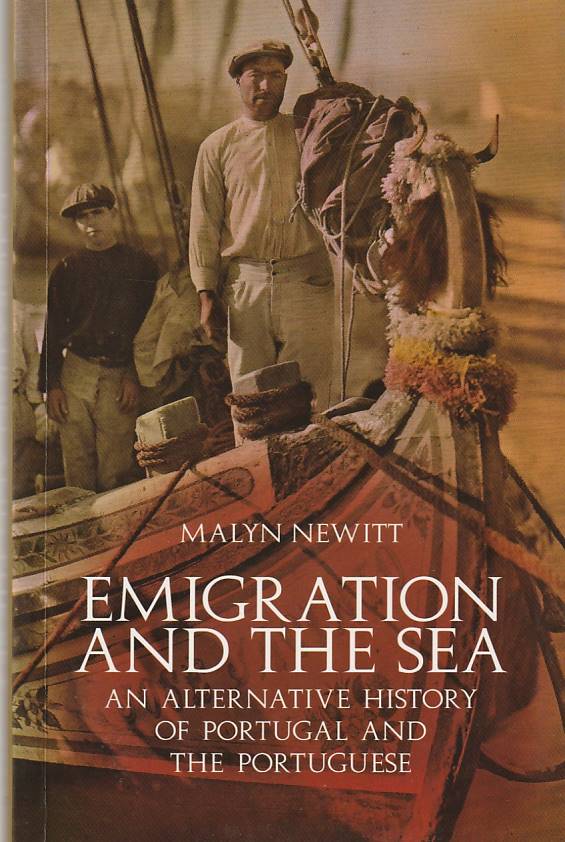
This is a history of the Portuguese diaspora that has planted Portuguese-speaking communities across the world, made Portuguese the seventh most widely spoken language, and given rise to a number of Portuguese creole languages. The Portuguese diaspora involves different streams of emigration that have merged to create a highly diverse “Portuguese” world. The settlement of the Atlantic islands mixed migrants from mainland Portugal with slaves from West Arica. The islands themselves then became points of departure for further migrations to West Africa and the New World. The discovery of the sea route to India resulted in the Portuguese founding communities everywhere from East Africa to China. The expulsion of the Sephardic Jews added a new element to the diaspora which planted “Portuguese” communities in Europe, the Mediterranean, the Caribbean and mainland America.
Emigration affected all classes in Portugal, not only the poor and landless but also the upper classes and educated who looked for career opportunities outside Portugal. In the nineteenth century Brazil and the Caribbean became the main destinations for emigrants; in the twentieth century, this changed to the United States, South America and above all northern Europe. The book traces the connections with Portugal’s formal empire in Africa and Brazil and looks at the institutions that have bound disparate Portuguese communities together over time and space.
 €20
€20
This is a history of the Portuguese diaspora that has planted Portuguese-speaking communities across the world, made Portuguese the seventh most widely spoken language, and given rise to a number of Portuguese creole languages. The Portuguese diaspora involves different streams of emigration that have merged to create a highly diverse “Portuguese” world. The settlement of the Atlantic islands mixed migrants from mainland Portugal with slaves from West Arica. The islands themselves then became points of departure for further migrations to West Africa and the New World. The discovery of the sea route to India resulted in the Portuguese founding communities everywhere from East Africa to China. The expulsion of the Sephardic Jews added a new element to the diaspora which planted “Portuguese” communities in Europe, the Mediterranean, the Caribbean and mainland America.
Emigration affected all classes in Portugal, not only the poor and landless but also the upper classes and educated who looked for career opportunities outside Portugal. In the nineteenth century Brazil and the Caribbean became the main destinations for emigrants; in the twentieth century, this changed to the United States, South America and above all northern Europe. The book traces the connections with Portugal’s formal empire in Africa and Brazil and looks at the institutions that have bound disparate Portuguese communities together over time and space.